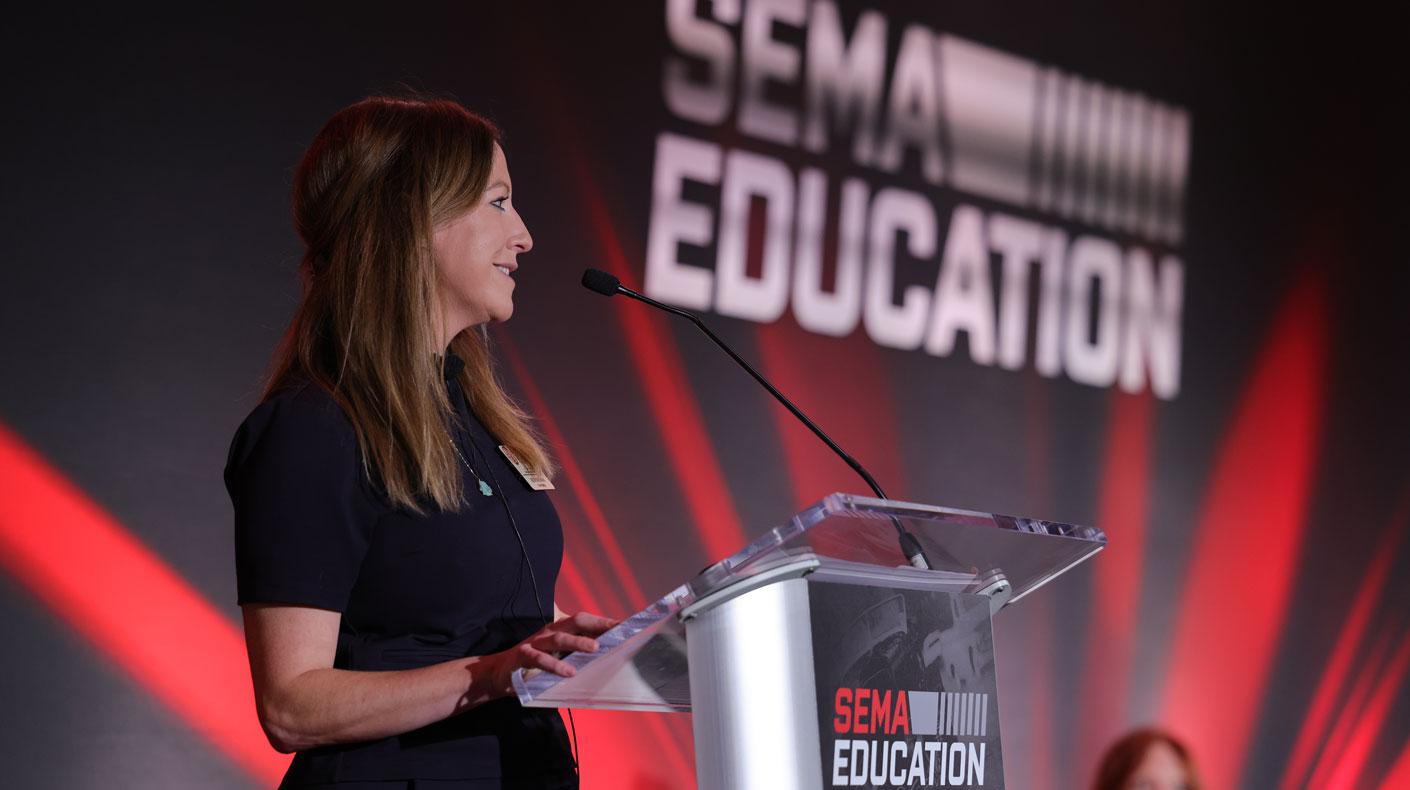A federal judge in Vermont rejected a challenge by the auto industry that the greenhouse gas emissions standards issued by California are actually fuel-economy standards, thereby restricted to federal jurisdiction. The standards have been adopted by Vermont and 10 other states and require a 30% reduction in carbon-dioxide (CO2) emissions from cars and trucks by 2016 on a phased-in basis beginning in model year 2009. A similar lawsuit is pending in California.
CO2 is released when a carbon-based fuel, such as gasoline, burns. Unlike catalytic converters, there are no devices to easily trap CO2, thus reducing fuel consumption is the most direct way to address the issue. By law, fuel efficiency is regulated solely by the federal government. SEMA agrees with the automakers’ position that the California regulation is preempted by federal law.
The U.S. Environmental Protection Agency (EPA) must first issue a waiver allowing the California regulation to take effect before California, Vermont or any other state can implement it. The EPA has yet to decide whether California has authority to regulate CO2 emissions. A decision is expected later this year. The Supreme Court, meanwhile, ruled last spring that the EPA has the authority and responsibility to regulate greenhouse gas emissions. President Bush has directed the EPA and the National Highway Traffic Safety Administration (NHTSA) to address CO2 emissions and reduce gasoline consumption by 20% by 2017. The EPA is now working with the NHTSA to draft a CO2 regulation that would conform to the NHTSA’s CAFE rules. The EPA’s deadline to issue a final rule is late 2008.
It is SEMA’s position that if greenhouse gases need to be regulated, it should be handled at the federal level in a way that addresses total emissions from all industries, and in a manner that finds the most equitable and comprehensive method for accomplishing the task. Since there is a direct relationship between CO2 and fuel consumption, SEMA also supports HR 2927, a bill to increase the Corporate Average Fuel Economy (CAFE) Standards to around 32–35 miles per gallon by model year 2022 for both cars and light trucks. The auto industry believes this is a tough, but attainable, increase and is urging members of the House of Representatives to support the bill.
For further information, contact Stuart Gosswein at stuartg@sema.org.





